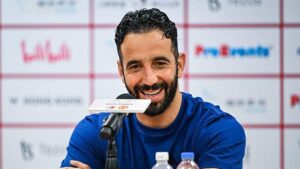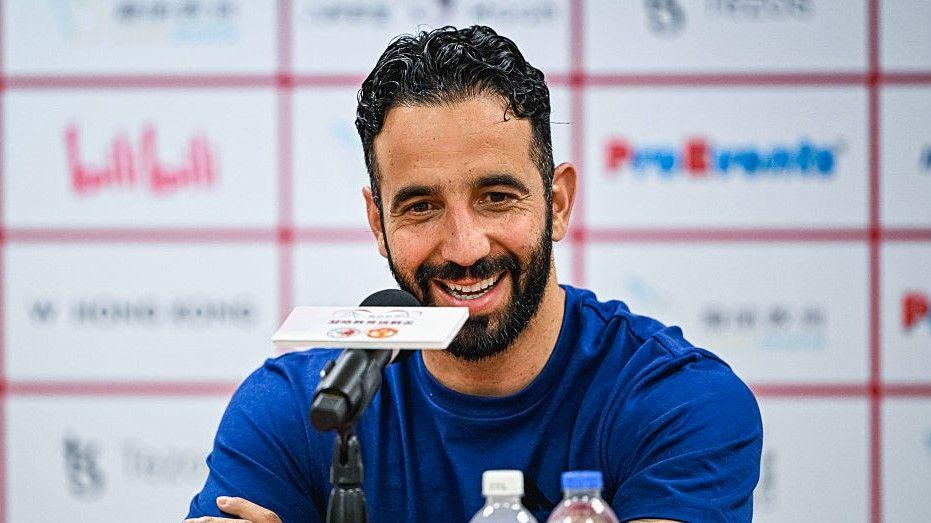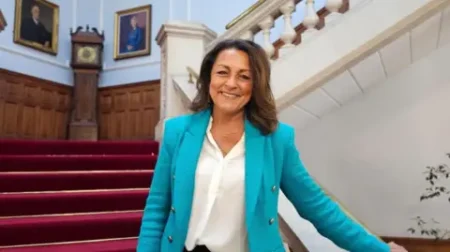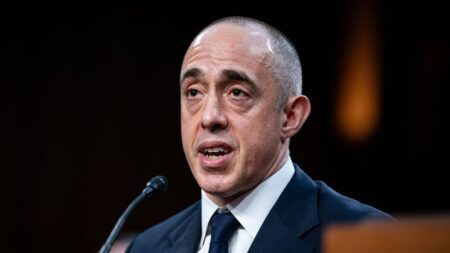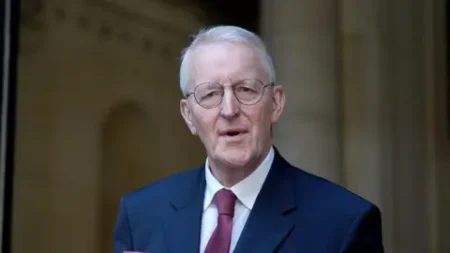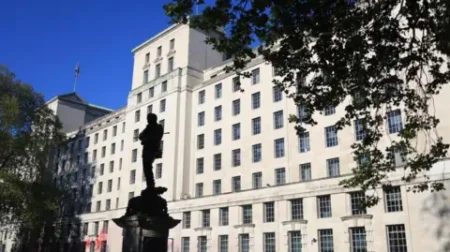The recent landscape at Manchester United, under the guidance of head coach Ruben Amorim, is one of both anticipation and uncertainty. Following a lackluster performance last season, which culminated in a disappointing finish, Amorim seeks to reshape a squad laden with underperforming talents. The recent article outlines the ongoing struggles faced by five players—Marcus Rashford, Jadon Sancho, Antony, Alejandro Garnacho, and Tyrrell Malacia—who have been effectively sidelined from the main squad, leading to a phenomenon dubbed the “bomb squad”.
At the onset of pre-season training in July, Amorim expressed a clear vision for the future of the team, stating, “I have a clear idea what we want.” However, despite his assurance, the situation has not progressed as smoothly as anticipated. The aforementioned players, deemed surplus to requirements, continue to occupy significant wage slots on the roster, which amounts to around £1 million collectively per week. Their status complicates United’s ability to pursue new transfers effectively. As a result, only one new signing has been made so far: Matheus Cunha from Wolverhampton Wanderers for £62.5 million.
The term “bomb squad” encapsulates the duo of loss and hope within the club’s environment. The players’ training has been limited significantly, as they haven’t been allowed access to the main training facilities without an explicit dismissal from the coach and first-team squad. This stark demarcation embodies the message that they no longer fit into Amorim’s plans, indicating a tremendous shift from last season’s negotiable relationships, like Jadon Sancho’s somewhat reconciliatory arrangement with past manager Erik ten Hag.
Moreover, the multi-million adjustments required to offload these players presents a scenario of negotiating from a position of weakness for United. The reluctance of interested clubs to absorb the substantial wages of these players without some financial incentive intensifies United’s predicament. Rashford’s potential move to Barcelona and Jadon Sancho’s speculation involving Juventus highlight the challenges in securing suitable clubs for these high earners. The need to sell players not only lingers but might extend until the very last days of the transfer window.
Recent financial developments further complicate the scene; whilst United has benefited from sell-on arrangements—raking in funds from the transfers of Anthony Elanga and Alvaro Carreras—such figures only marginally alleviate the financial burden of maintaining the so-called bomb squad. The club’s management faces a crucial dilemma. Will they need to explore selling other important players to alleviate their financial woes and fund new acquisitions? The looming uncertainties around the futures of talents such as Kobbie Mainoo and Toby Collyer reflect this ongoing flux within the squad.
On the pitch, United’s strengths and weaknesses are further magnified by injuries and a lack of cohesion. The competition for positions in defense and midfield adds another layer of complexity, as high-profile targets have opted for alternative routes—Liam Delap favoring Chelsea over a move to Old Trafford is a case in point. With Amad Diallo and Mason Mount among those vying for key playing roles, the influx of too many new talents could render existing players obsolete.
Finally, the combination of a bloated payroll with high-earning players and the challenge of their integration back into the squad without toxic implications hinders Amorim’s hopes of creating a stable and successful setup at Manchester United. As fans eagerly await the forthcoming season, the clarity that Amorim previously exhibited seems shrouded in doubt, leaving them to wonder whether a fresh outlook can flourish under the weight of this turmoil.


